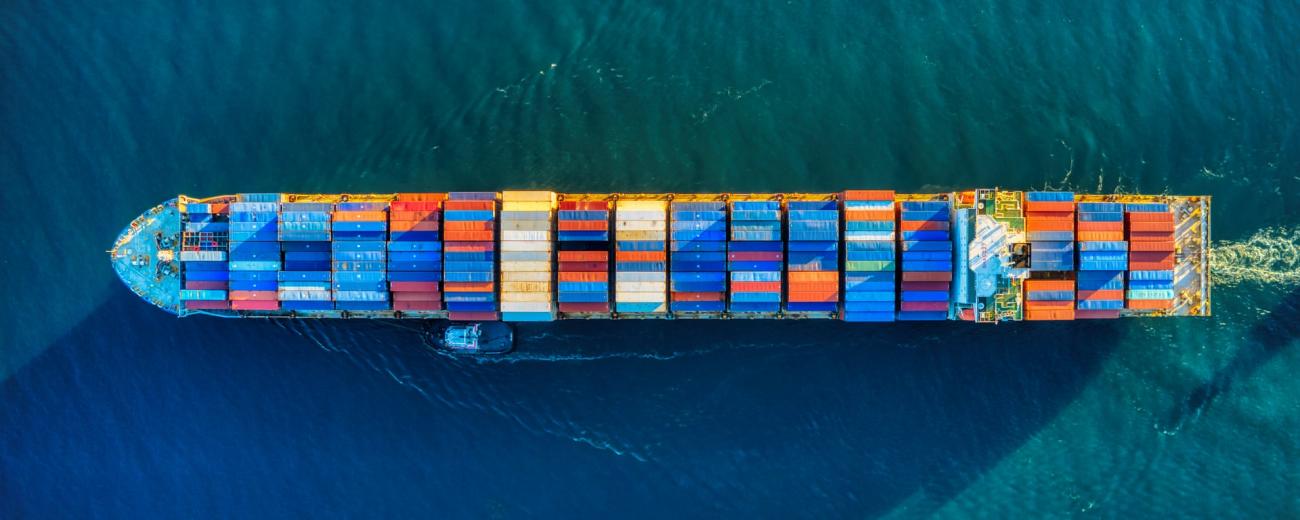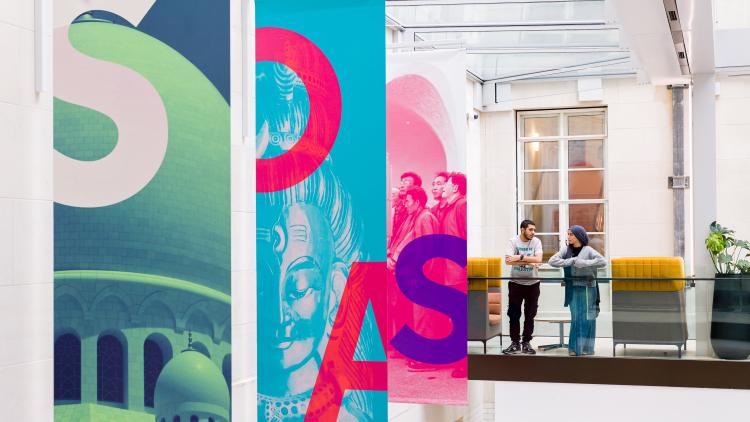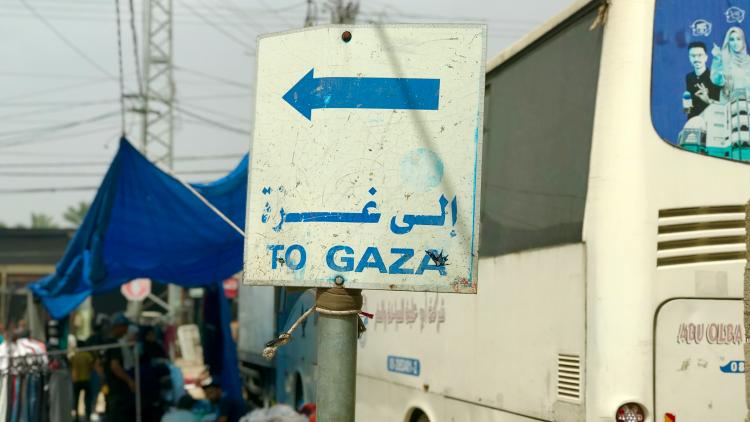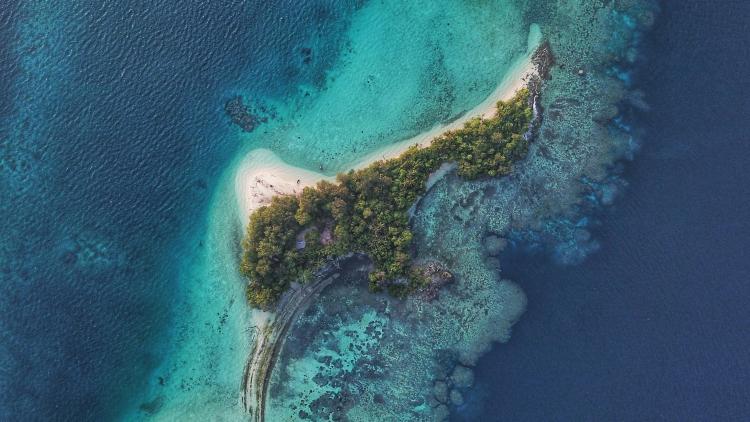LLM International Commercial and Economic Law


Key information
- Duration
- One year (full-time), two or three years (part-time)
- Start of programme
- September
- Attendance mode
- Full-time or part-time
- Location
- Campus
- Fees
-
Home: £16,370
International: £27,840 - Course code
- M3U1
- Entry requirements
-
A 2:1 degree in a relevant undergraduate degree.
If you have a lower degree classification, your application may be considered if you can present a strong case, either through relevant work experience, other legal qualifications, or a strong supporting statement. References are not required, but can help build a stronger application if you fall below the 2:1 requirement or have non-traditional qualifications.
See international entry requirements and English language requirements.
Course overview
Prepare for a global legal career with an LLM designed for the realities of international economic and commercial practice.
The programme offers a unique, Global South-facing blend of rigorous theoretical and doctrinal training grounded in transnational, comparative and socio-legal perspectives, with a distinctive focus on legal developments in the Global South.
Students engage critically with how law regulates global markets, corporate power and cross-border economic activity, examining investment, trade, finance and dispute resolution through the lens of legal development, regulatory space and accountability. The programme places particular emphasis on international arbitration and transnational dispute settlement, combining strong theoretical foundations with practical, skills-based learning.
Interdisciplinary in outlook and professionally oriented, the LLM equips students to navigate plural and hybrid legal orders shaping global commerce, technology and finance. With its Global South perspective, critical engagement and real-world relevance, the programme provides a strong foundation for careers in international legal practice, policy, advocacy and research.
Why study LLM International Commercial and Economic Law at SOAS?
- SOAS is ranked 14th in the UK for Law (QS World University Rankings 2025)
- We are ranked 12th in the UK for Academic Reputation (QS World University Rankings 2025)
- We are ranked 6th in the UK for Research Quality (Complete University Guide Subject League Tables 2026)
- Our research publications have been rated first in the UK - and our School of Law rated sixth in the UK - in the Research Excellence Framework (REF) 2021
- This programme is ideal for LLB graduates or legal professionals with an interest in the theory and practice of commercial law. You will join an international body of SOAS alumni many of whom are now working in international commercial law firms, as in-house counsel at some of the major multinational companies, in policy or in academia
Please note that the LLM is restricted to applicants who hold an UK law degree or international equivalent. If you do not hold a law degree but are interested in pursuing a master’s degree in law at SOAS, please see details of our masters programmes.
Global partnerships
This programme can be offered as part of a dual LLM degree with a number of our partnering universities. For further information about our LLM Dual degree partnerships, please visit Global Partnerships.
Study Tours
All postgraduate students can take part in our Study Tours and explore the world. This year’s destinations are New Delhi, Lahore, Seoul, Luang Prabang, Almaty, Bishkek, Kigali, Johannesburg, and Doha. For more information, see our Study Tours page.
Structure
Students must take modules to a total value of 180 credits, consisting of a dissertation (60 credits) and 120 credits of taught modules. Taught modules are worth either 15 or 30 credits. Students who wish to graduate with a specialised LLM are required to take at least 60 credits associated with their specialised LLM, and the dissertation topic will be undertaken within the LLM specialisation.
Please note that not all modules listed will be available every year.
Important notice
The information on the website reflects the intended programme structure against the given academic session. The modules are indicative options of the content students can expect and are/have been previously taught as part of these programmes.
However, this information is published a long time in advance of enrolment and module content and availability is subject to change.
Compulsory
Specialist pathway options
Students who wish to graduate with a specialised LLM in International Commercial and Economic Law are required to take at least 60 credits from the following list.
General Law options
Students who wish to graduate with a specialised LLM in International Commercial and Economic Law are required to take a further 30 credits from either the specialist pathway options list or the following general law options list.
Open options
Students who wish to graduate with a specialised LLM in International Commercial and Economic Law must take an additional 30 credits from either the specialist pathway list, the general law option list or SOAS open options.
This year, more than 350 open options were available across all Departments.
Teaching and learning
All Masters programmes consist of 180 credits, made up of taught modules of 30 or 15 credits, taught over 10 or 20 weeks, and a dissertation of 60 credits. The programme structure shows which modules are compulsory and which optional.
Contact hours
As a rough guide, 1 credit equals approximately 10 hours of work. Most of this will be independent study, including reading and research, preparing coursework, revising for examinations and so on. It will also include class time, which may include lectures, seminars and other classes. Some subjects, such as learning a language, have more class time than others. At SOAS, most postgraduate modules have a one hour lecture and a one hour seminar every week, but this does vary.
We recommend that part-time students have between two-and-a-half and three days a week free to pursue their course of study.
Knowledge and understanding
- Students will acquire specialist knowledge of commercial law in an international and comparative context.
- This includes, but is not necessarily limited to, knowledge and understanding of the following:
- the theoretical and practical underpinnings of international and comparative commercial law;
- the context in which law is made, interpreted, adjudicated, and amended;
- the role played by law, particularly commercial law in different international and comparative situations;
- the role and function of legal institutions in managing commercial relationships in an international and comparative context;
- the weight and significance of different sources and methodologies.
- Students will develop knowledge of how to locate relevant materials and assess their relevance and/or importance.
Intellectual (thinking) skills
- Students should develop rigor in analysis and assessment of legal arguments.
- Students should develop the ability to understand, summarise and critically assess differing perspectives on theoretical debates.
- Students should develop independence of thought and the confidence to challenge the accepted wisdom.
- Students should learn to identify issues and formulate questions for further research through independent work.
- Students will be encouraged to bring to bear their own previous experience and knowledge in addressing legal issues in an interdisciplinary manner.
Subject-based practical skills
The programme will help students develop the ability to:
- Write clear research essays and dissertations.
- Research in a variety of specialized research libraries and institutes and online, and retrieve, sift and select information from a variety of sources.
- Present seminar papers and defend the arguments therein.
- Discuss ideas introduced during seminars.
- Develop essay and dissertation research questions.
- Read legal source materials rapidly and critically.
- Present legal arguments in moots and debates.
Transferable skills
The programme will enable students to:
- Communicate effectively in writing.
- Structure and communicate ideas and arguments effectively both orally and in writing.
- Read and comprehend significant quantities of reading rapidly and effectively and develop critical faculties.
- Find and use a variety of written and digital materials, especially legal materials, in libraries and research institutes.
- Present (non – assessed) material orally.
- Develop teamwork skills.
SOAS Library
SOAS Library is one of the world's most important academic libraries for the study of Africa, Asia and the Middle East, attracting scholars from all over the world. The Library houses over 1.2 million volumes, together with significant archival holdings, special collections and a growing network of electronic resources.
Scholarships
Employment
SOAS Law graduates leave SOAS as civic minded and critically engaged individuals who can effectively contribute to their communities and societies. With a thorough understanding of the legal dimensions underlying many of our global challenges today, our Law students are valued by employers due to their analytical skills, specialist knowledge, and global perspective.
SOAS Law graduates have found the LLM a vital boost to their work as legal professionals and that this Law Master provides an excellent base for further study towards a research degree such as a PhD leading to an academic career.
Recent School of Law graduates have been hired by:
- PwC LLP
- BLM Law
- BloombergNEF
- British Medical Association
- Clifford Chance
- DAC Beachcroft LLP
- Department for Work and Pensions
- EY
- HM Treasury
- Latham & Watkins
- Legal Cheek
- Simpson Millar Solicitors
- The Economist
- Travers Smith
- Vodafone
- World Cancer Research Fund
Find out about our Careers Service.












